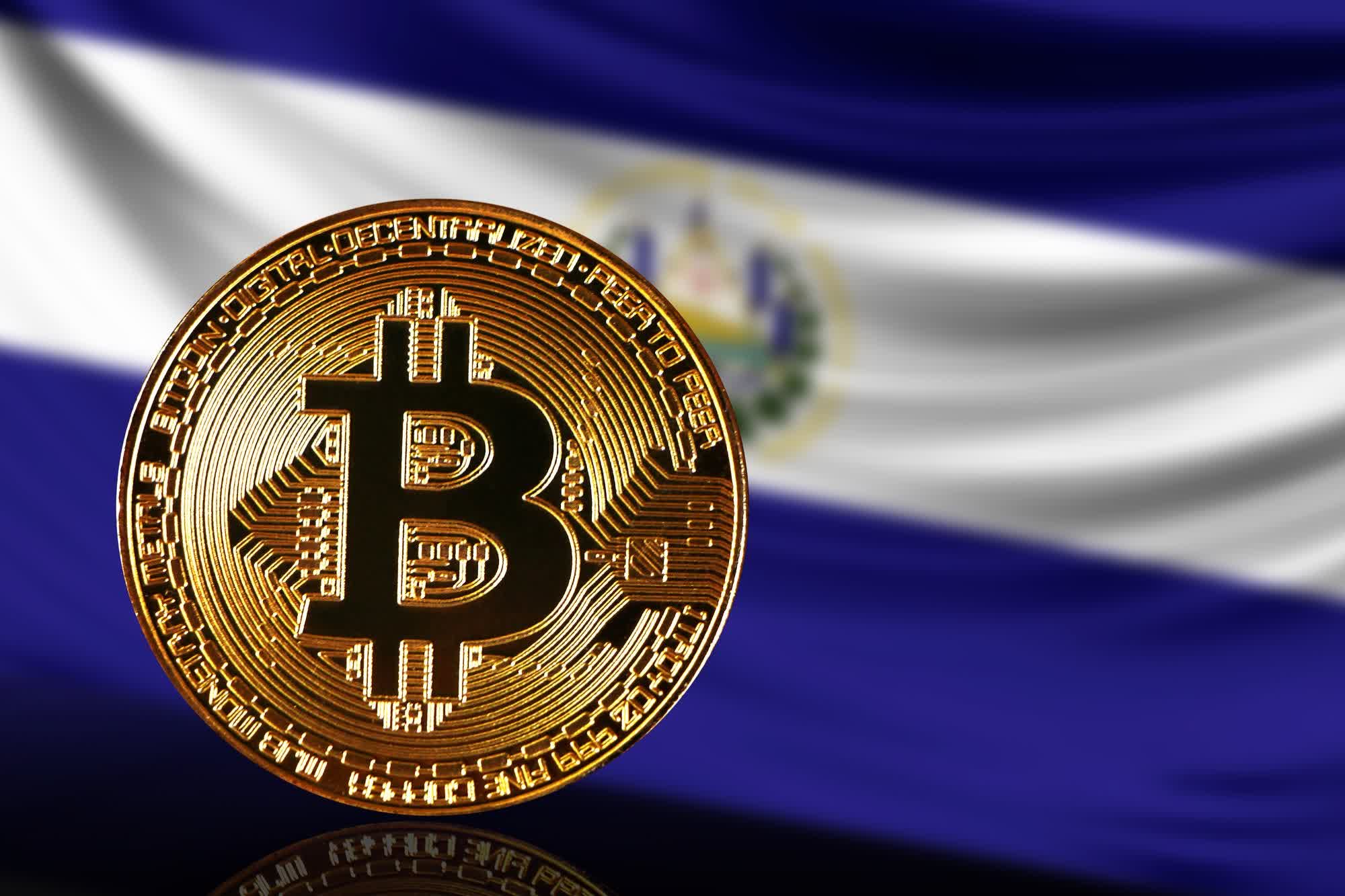In context: While China has outright banned the sale and mining of crypto within its borders, other countries have chosen to approach the matter quite differently. El Salvador, for example, has publicly thrown its weight behind Bitcoin by buying up sizable chunks of the digital currency and even making it a legal form of tender as of September.
If that wasn't enough, the Central American country has begun diverting federal resources toward the mining of BTC. However, the country's leadership is well aware of how controversial the practice is – crypto detractors will often point out how much energy is "wasted" during mining. Mining rigs need to be kept cool to run efficiently, and they guzzle quite a bit of electricity individually as well. This, detractors claim, speeds up climate change and harms the environment.
To address this issue, El Salvador has just started mining BTC (as of a couple of days ago) using clean, zero-emission geothermal power generated by its "Volcanode" plant. These plans were first announced back in June, but they've only just become a reality. According to a tweet from the country's president, Nayib Bukele, initial mining test rigs have already produced 0.00599179 BTC using volcanic energy – that equates to around $285 at Bitcoin's current value of $47,556.
--- Nayib Bukele 🇸🇻 (@nayibbukele) October 1, 2021
That's obviously not a massive sum, but as Bukele notes, the country is still "testing and installing" mining equipment at the Volcanode. With that in mind, the figure will undoubtedly increase substantially in the coming weeks and months, provided the project doesn't hit any major roadblocks – be they political or physical.
El Salvador's whole-hearted embrace of Bitcoin is a huge boon for the crypto community. For the coin's proponents, it proves that crypto can and should be taken seriously, despite ongoing regulation and controversy surrounding it.
We look forward to seeing how El Salvador's Volcanode project progresses over time. If it achieves any significant results in the future, you can be sure that we'll let you know.
